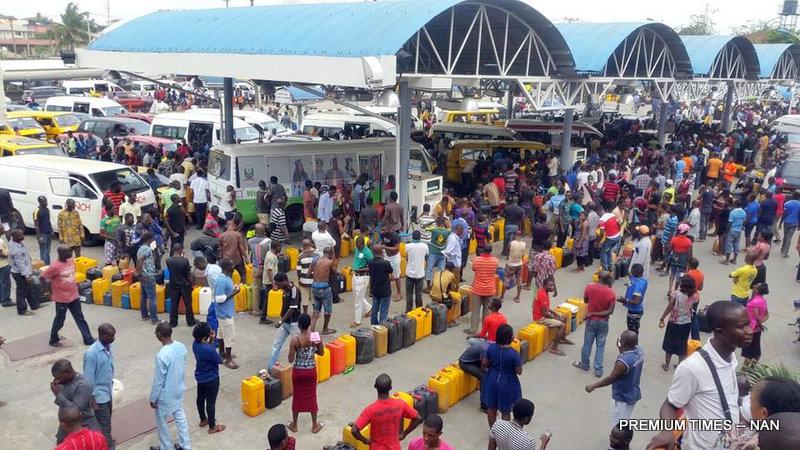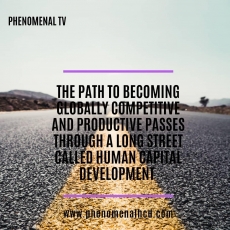Phenomenal today
Effects of Fuel Subsidy on the Economy
*****Fuel subsidy has been in place in Nigeria since the 1970s, with the sole aim of minimizing the impact of rising global oil prices in Nigeria. In 2021, the government announced its plans of removing fuel subsidy followed by President Buhari’s approval on the 25th of January 2022. This has led to a lot of uproars from different oil associations and of course, fuel scarcity.*****
The recent fuel scarcity crisis was noticed first in Abuja on the 24th of January 2022 ahead of the planned nationwide protest by the Nigerian labor unions to prevent the federal government from removing fuel subsidy by July 2022. From January till this moment, the crisis has worsened.
Since this started immediately after the government announced its plans of removing fuel subsidy, marketers have been accused of hoarding petrol. Surprisingly, the scarcity has not reduced even after the suspension of the subsidy removal plan. Day after day, people struggle to get fuels for their cars, motorcycles, and their electricity generator at a time of rising temperatures. This has led to queues in front of fuel stations every day and even at nights, as some drivers spend the night in the station just to get fuel which they may eventually not get.
Some persons end up patronizing black marketers for a huge price in Nigeria of 500 Naira per liter (about $3.29 per gallon) to avoid the queue. Of course, the black market can be very dangerous to you because of adulterated fuel. Businesses that need fuel to operate cannot stay in queues for 24 hours. Even cars in long fuel queues have to buy black market to remain in the queues when their fuel runs out from the start and stop of slow-moving queues. Fuel scarcity has also affected aviation as there is also the scarcity of aviation fuel. This has led to an increase in flight prices. It has led to an increase in the cost of living and cost of doing business as transport fare has increased greatly.
As expected, this has affected the Nigerian market as prices have gone up tremendously, with the complaint of fuel scarcity which has led to high transportation. The impact of the scarcity is especially felt in the cost of transportation. Food prices are directly connected to transportation costs as food produce is transported from farms to markets. Beyond the cost of transportation, the cost of production of cooked foods is also directly impacted by scarcity of fuel. Most businesses including restaurants generate their electricity with fuel-powered generators. This will be a huge problem for the average Nigerians. Most drivers have been deprived of their means of feeding because of the unavailability of fuel. Canceled and delayed flights have caused big damage to businessmen and women who are involved in the exporting and importing trade.
This is bad for a country like Nigeria whose economy has been fragile. As an organization that is concerned with analyzing ways of promoting human capital competitiveness and economic growth, we believe this story has been useful to you. Instead of eradicating poverty, situations, like we have discussed, will not eradicate poverty but rather likely put it on the increase. This is why we create opportunities at phenomenal for global partnerships where countries and companies with ideas on how to handle this kind of menace come into the picture.
Join the conversation by leaving your comments below in the comment section. You can also create your account by clicking on the Sign-Up button on the menu, creating a post, and showcasing your skills to the world.
Create your world on Phenomenal!
Contributions

notifications

































